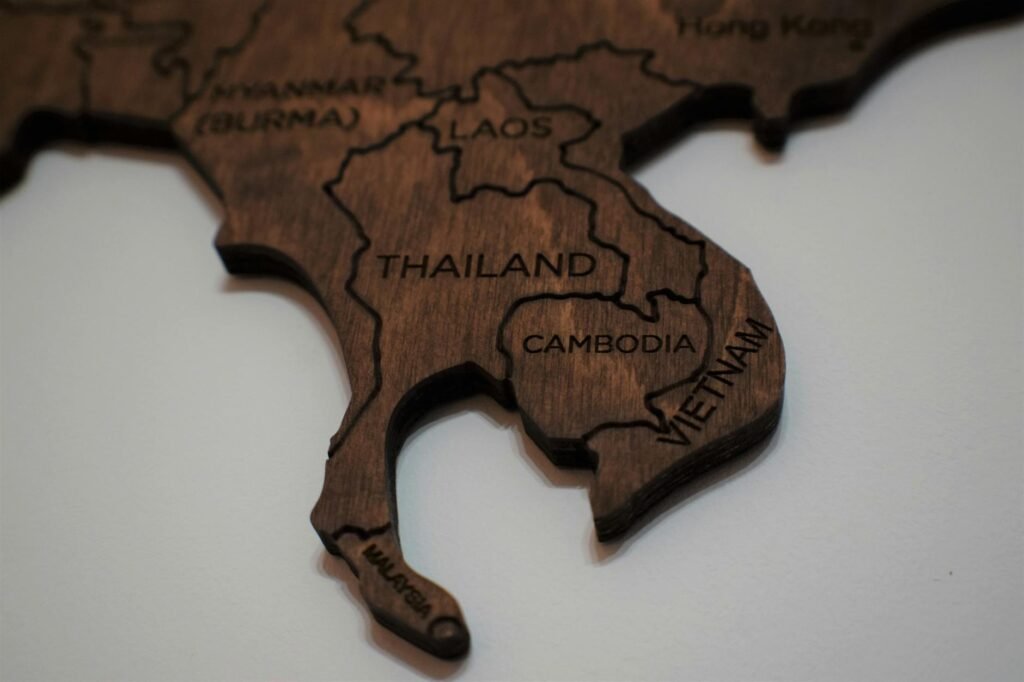Thailand and Cambodia are set to hold talks aimed at resolving a deadly border conflict that has spilled over into Malaysia. The unexpected escalation of tensions has raised concerns amongst regional leaders and international observers alike. This situation highlights the complexities of cross-border issues and the urgent need for diplomatic solutions.
Understanding the Conflict
The root causes of the conflict are multifaceted and deeply rooted in historical land disputes, resource competition, and unresolved border demarcation issues. Recent clashes have involved both military and civilian casualties, leading to a humanitarian crisis in the affected areas.  The involvement of Malaysia adds another layer of complexity, requiring a coordinated regional approach to de-escalate tensions and prevent further violence. Learn more about the history of border disputes in Southeast Asia.
The involvement of Malaysia adds another layer of complexity, requiring a coordinated regional approach to de-escalate tensions and prevent further violence. Learn more about the history of border disputes in Southeast Asia.
The Role of Diplomacy
Both Thailand and Cambodia have signaled their commitment to engaging in diplomatic dialogue. However, the trust between the two nations is significantly strained. Previous attempts at resolving the conflict have yielded limited results, making this upcoming meeting crucial for establishing a framework for lasting peace. International mediators, such as the ASEAN community, may play a pivotal role in facilitating negotiations and guaranteeing the process’s transparency. Read more about ASEAN’s role in conflict resolution.
Humanitarian Concerns
The escalating violence has caused significant displacement of civilians, creating an urgent humanitarian crisis. Thousands have been forced to flee their homes, facing shortages of food, water, and medical supplies. International aid organizations are working to provide humanitarian assistance to those affected, but access to affected regions remains challenging due to ongoing security concerns.  The need for a swift resolution is paramount to alleviating the suffering of civilians caught in the crossfire. Learn more about the humanitarian response.
The need for a swift resolution is paramount to alleviating the suffering of civilians caught in the crossfire. Learn more about the humanitarian response.
Malaysia’s Involvement
The spillover effect into Malaysia introduces new layers of complexity to the conflict. Malaysia’s proximity to the conflict zone necessitates its active involvement in finding a resolution. The Malaysian government has called for restraint from all parties and is likely to participate in discussions to ensure regional stability. [IMAGE_3_HERE] Its role in mediating or providing logistical support could prove instrumental in stabilizing the situation. Read more about Malaysia’s foreign policy.
Potential Solutions and Future Outlook
The upcoming talks represent a crucial turning point in addressing the conflict. Successful outcomes would likely involve a commitment to de-escalation, open communication channels, and a willingness to compromise. A robust mechanism for monitoring any ceasefire agreement will also be essential for ensuring long-term peace. The path to resolution is undoubtedly challenging, but the urgency of the situation demands a proactive and collaborative approach. Explore different conflict resolution strategies.
Conclusion
The border conflict between Thailand and Cambodia, with its unexpected escalation into Malaysia, demands immediate attention and decisive action. The upcoming talks offer a critical opportunity for diplomatic resolution and a path towards sustainable peace in the region. The international community has a critical role to play in supporting these efforts and providing humanitarian aid to those affected. [IMAGE_4_HERE] The long-term implications for regional stability hinge on the success of these negotiations. Learn about international relations in Southeast Asia.
Frequently Asked Questions
What are the main causes of the conflict? The conflict stems from long-standing land disputes, resource competition, and unresolved border demarcation issues.
What role is Malaysia playing? Malaysia’s involvement is crucial due to the conflict’s spillover effect. It’s advocating for restraint and may participate in mediating or providing logistical support.
What is the current humanitarian situation? Thousands of civilians have been displaced, facing shortages of essential resources. International aid organizations are providing support, but access remains challenging.
What is the likelihood of a successful resolution? The success of the upcoming talks is crucial. A successful outcome requires commitment to de-escalation, communication, and compromise.
What is the potential impact on regional stability? The conflict’s resolution will have significant implications for regional stability, influencing future relations between Thailand, Cambodia, and Malaysia.
